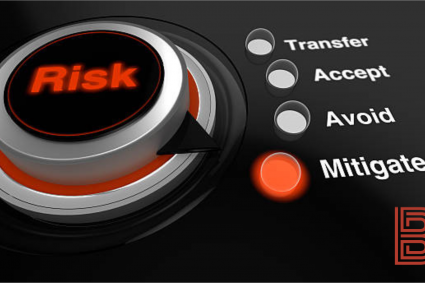
In today’s interconnected world, geopolitical crises present substantial risks to governments, businesses, and economies. From conflicts between nations to political instability, trade wars, and territorial disputes, these crises have far-reaching consequences that can disrupt global supply chains, impact markets, and destabilize regions. Effective risk management and strategic planning during such times are essential to mitigate potential damages and ensure organizational resilience.
Understanding Geopolitical Risk
Geopolitical risk refers to the potential for international relations, politics, or security-related events to impact the business environment. Examples include the annexation of Crimea by Russia, Brexit, the U.S.-China trade war, and escalating tensions in the South China Sea. These events can have profound effects, including fluctuating currency values, market volatility, sanctions, supply chain disruptions, and energy shortages.
Unlike other forms of risk, geopolitical crises are complex and multifaceted. They often involve factors beyond an organization’s control, such as changes in government policies, military actions, and regional instability. The unpredictable nature of these crises requires companies and governments to develop sophisticated risk management frameworks.
Risk Management Approaches
Scenario Planning:
One of the most effective ways to manage geopolitical risk is through scenario planning. This involves anticipating various outcomes of a geopolitical event and determining the potential impact on operations, financial performance, and supply chains. By assessing both the best and worst-case scenarios, organizations can be better prepared for abrupt changes in the external environment.
Diversification:
Diversification is a critical strategy for minimizing the impact of geopolitical crises. By spreading investments, supply chains, and market presence across multiple countries and regions, organizations reduce the risk of over-reliance on one geopolitical zone. For instance, companies that diversified their supply chains during the U.S.-China trade war were better positioned to absorb the impact of tariffs and trade restrictions.
Strong Political Intelligence:
Organizations need to invest in political intelligence gathering to stay ahead of evolving crises. This involves monitoring international political developments, understanding regional dynamics, and keeping informed on diplomatic relations. Many businesses partner with geopolitical analysts or firms to forecast potential risks, allowing them to adjust strategies in real-time.
Collaboration with Governments and International Bodies:
In times of geopolitical crises, companies often need to collaborate with governments and international institutions. Governments can provide crucial information on security risks, trade laws, or sanctions, while international bodies like the World Trade Organization (WTO) or the United Nations may offer guidance or mediation. Staying compliant with regulatory changes and understanding how to navigate sanctions can ensure business continuity.
Contingency Planning:
Building comprehensive contingency plans is essential in mitigating the operational impact of geopolitical crises. This could include alternate suppliers, legal protections in the case of new trade restrictions, or crisis communication strategies to handle potential fallout.
Strategic Considerations During Crises
Beyond managing risks, organizations need to develop long-term strategies to adapt to a shifting geopolitical landscape.
Proactive Engagement:
Building strong relationships with policymakers, trade organizations, and local stakeholders can help businesses navigate crises more effectively. This proactive engagement allows them to advocate for favorable policies and anticipate upcoming challenges.
Technological Innovation:
Investing in technology can help organizations weather geopolitical storms. For example, digital tools that offer real-time data analytics or blockchain systems that track supply chains can provide transparency and resilience in volatile regions.
Long-term Resilience:
Successful businesses and governments view geopolitical risk as an opportunity to build resilience. This means learning from each crisis, adapting strategies, and building frameworks that are not only reactive but also proactive in managing future risks.
The unpredictable nature of geopolitical crises demands a multi-pronged approach to risk management. By combining scenario planning, diversification, intelligence gathering, and proactive engagement, organizations can protect themselves against the worst effects of geopolitical turmoil while positioning themselves to thrive in a complex global landscape.




















